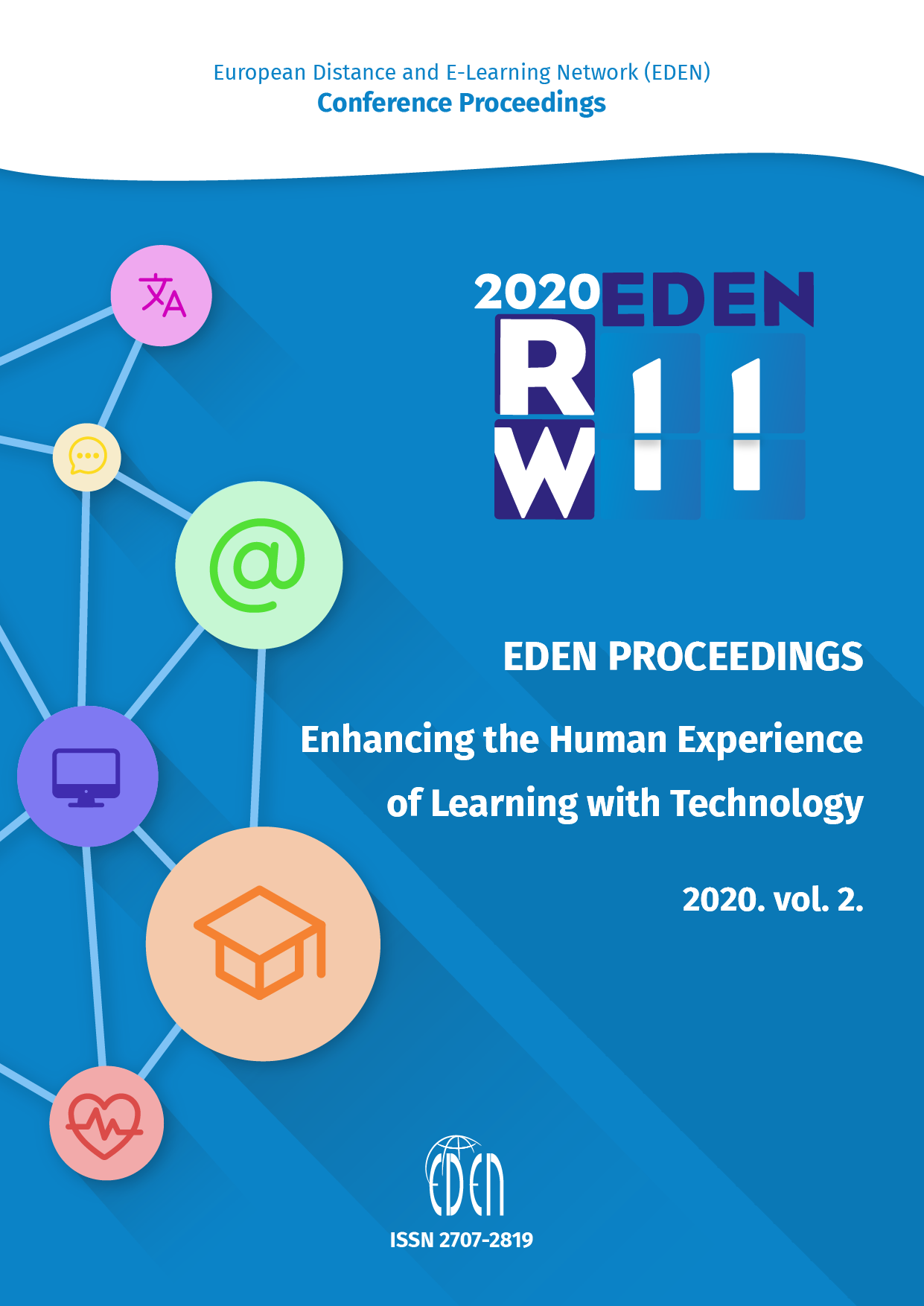The Eccoe Approach to Quality Reviewing Online Descriptions of Learning Opportunities
The Eccoe Approach to Quality Reviewing Online Descriptions of Learning Opportunities
Author(s): Deborah Arnold, Alessandra Antonaci, Lisa Marie Blaschke, Gerard Casanova, Ada Giannatelli, Mykolė Lukošienė, Ildikó Mázár, Carmen L Padrón-Nápoles, Beatriz Sedano CuevasSubject(s): Social Sciences, Education, Higher Education
Published by: European Distance and E-Learning Network
Keywords: Digital Credentials; Micro-Credentials; Learning Opportunities; Europass; Quality Review
Summary/Abstract: As learners seek more flexible learning opportunities, and employers become gradually more open to accepting alternative forms of credentials, there is a need to improve the visibility and quality of the online information available about such opportunities. This information includes not only the descriptions of formal and non-formal learning opportunities, from full degree programmes to optional courses and MOOCs, but also the credentials learning opportunities can lead to and by whom these credentials are recognised. The new Europass initiative of the European Union is a major step forward in this respect, offering the possibility to search for both learning and employment opportunities via a platform that will support a variety of different credentials. Building on the Europass Learning Model, the Erasmus+ ECCOE project makes a significant contribution to this future platform, by defining specific quality criteria for evaluating both learning opportunities and their credentials. This paper describes the methodology applied for the quality review of online descriptions with the ultimate aim of developing a catalogue showcasing learning opportunities that meet the criteria defined by the project. This methodology concerns two levels: (a) the actual process designed and implemented transnationally for the first iteration of over 100 learning opportunity descriptions, and (b) the two PDCA (Plan, Do, Check, Act) quality improvement cycles applied to refining the process itself. The paper also presents the results of this first iteration and formulates recommendations relevant for learning opportunity providers. Future work involving stakeholder consultation is also presented, as are the synergistic interactions between this research and the overall ECCOE project outcomes within the wider context of European work on Digital Credentials and open, online and flexible learning.
Journal: European Distance and E-Learning Network (EDEN) Conference Proceedings
- Issue Year: 2020
- Issue No: 2
- Page Range: 66-75
- Page Count: 10
- Language: English

